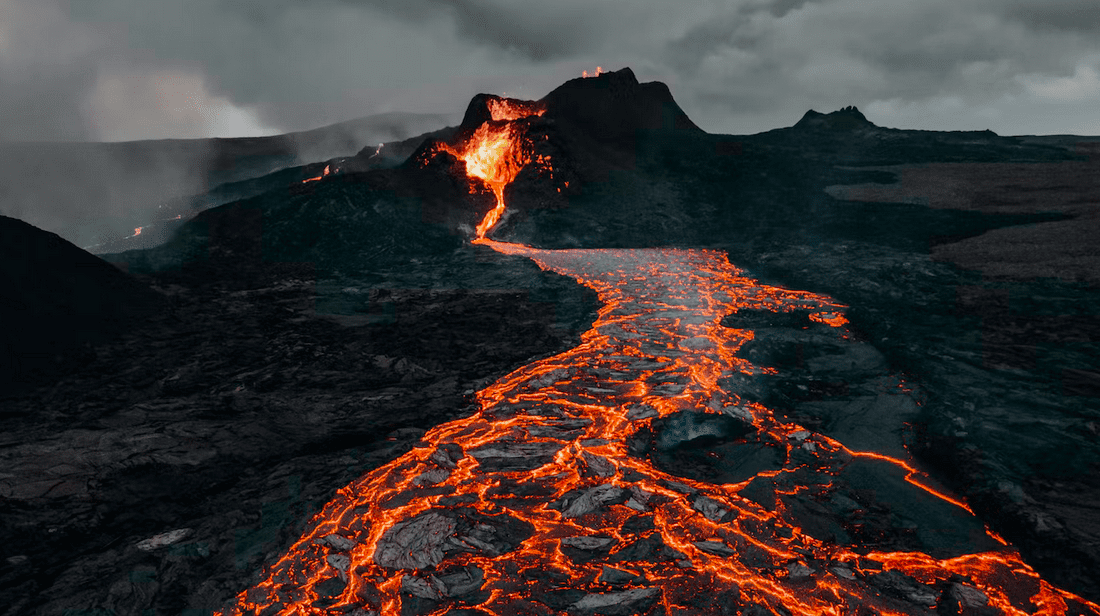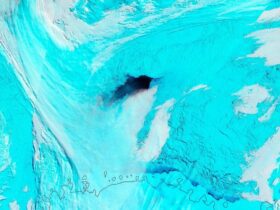Scientists warn that we’re not ready for the next supervolcano eruption, and that’s quite shocking. Before we start panicking, which shouldn’t be the case, Earth already has a lot of threats, some of which we have just recently encountered.
That being said, even if war and climate change prevent humankind from annihilating itself, there are still other existential risks we must be prepared for. One of them is the volcano eruption!
Read out below what scientists believe when it comes to a supervolcano eruption.
A Super-eruption Might Bring Us the End
Over the next century, large-scale volcanic eruptions are hundreds of times more likely to occur than are asteroid and comet impacts, put together, stated Prof. of volcanology Michael Cassidy and Lara Mani, a researcher at the Centre for the Study of Existential Risk at the University of Cambridge.
The two researchers point out that a massive danger is volcanoes. Even though they may not be as flashy as asteroids, for example, volcanoes are still and should be a huge concern.
However, as opposed to asteroids, volcanoes are already present on Earth, so it’s actually scarier than some fireballs from space, right?! The volcanoes are also dispersed worldwide, frequently hidden by beautiful landscapes that conceal a lethal potential.
How about that?
In 1815, Mount Tambora in Indonesia experienced a magnitude-7 eruption, believed to have killed 100,000 people, while 22,000 years ago, a super-eruption of magnitude-8 happened, according to the US Geological Survey.
FACT: a ‘super-eruption’ means a magnitude-8 (the highest rating on the Volcanic Explosivity Index/ VEI).
Luckily, volcano monitoring and our capacity to mobilize international aid for disaster relief have advanced since 1815! But not necessarily to the extent of balancing everything out. What does that mean?
Volcanoes might actually represent a more significant threat than we realize. Researchers also discovered the intervals between cataclysmic eruptions are hundreds or perhaps thousands of years shorter than previously thought in a 2021 study.
Conducting more through volcanic monitoring, including aerial and satellite observation and ground-based monitoring, is essential. The scientists point out that volcanologists have long yearned for a specialist volcano-observing satellite.
How could that help?
Well, it would improve readiness beyond the current approach of sharing existing satellites with other scientists.












Leave a Reply